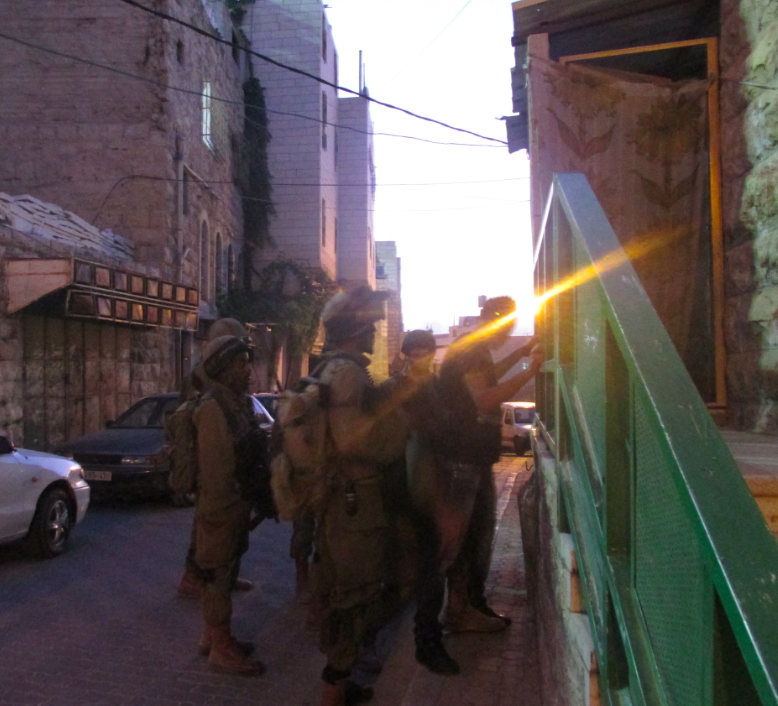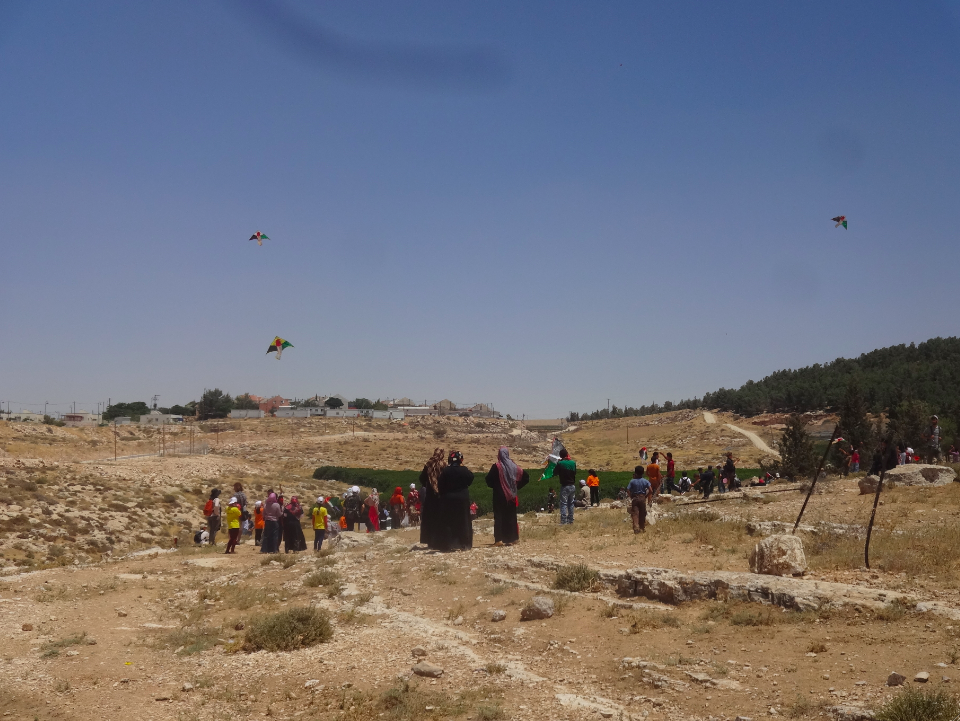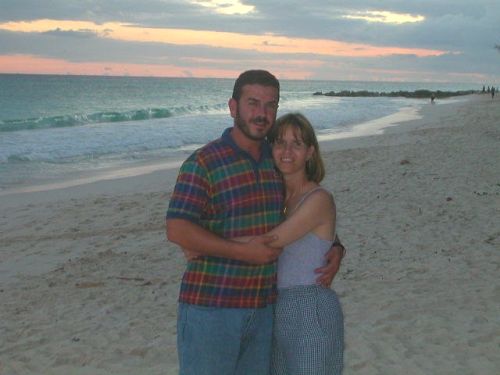Category: Reports
-
Collective punishment in Palestine
22nd June 2014 | International Solidarity Movement| Occupied Palestine On Thursday 12th of this month, three settler youth disappeared while hitchhiking in the Hebron area of the West Bank. No Palestinian group or organisation has taken responsibility for the disappearance. 15-year-old Mohammad Dudeen was murdered in the early hours of Friday morning (20th) after he was…
-
Seventh festival of South Hebron Hills popular resistance
21st June 2014 | International Solidarity Movement, Khalil Team | At Tuwani, Occupied Palestine Today in the village of At Tuwani, villages and popular committees in the South Hebron Hills and international activists, came together to celebrate the seventh festival of non-violent resistance in this area of the West Bank, and the end of a local children’s summer…
-
Killing without consequence
19th June 2014 | Moira Jilani | East Jerusalem, Occupied Palestine Ziad and I met at a party at the University of Houston. Six months later Ziad proposed, saying, “I’m a Palestinian. I am only here to get an education. After graduating I’ll return home to Jerusalem. Come with me.” We married the following year and moved to…



